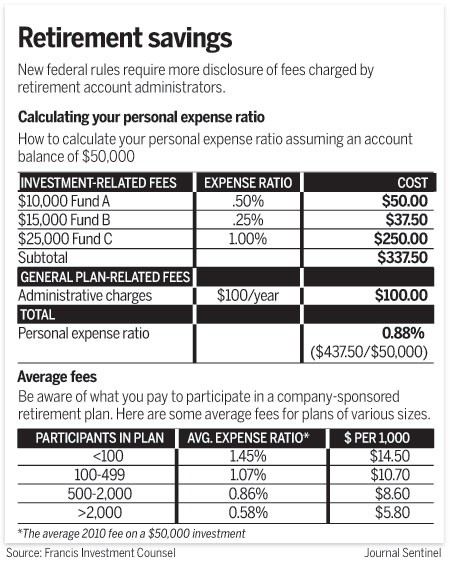401(K) Adviser No matter your age human capital is an important asset
Post on: 16 Март, 2015 No Comment

June 29, 2013
When it comes to investing retirement assets, there are a couple of fundamental rules everyone knows: Don’t put all of your eggs in one basket, and the closer you get to retirement, the more conservative you should become. There also is an important, but lesser known, economic principle that underlies both of these strategies.
The economic principle is called human capital. Human capital is defined as the present value of your future stream of take-home pay. It can be estimated by multiplying your current take-home pay by the number of working years you have left, then discounting the resulting number by 25% to 70% to reflect the various risks as well as the time value of money.
For most young investors, their human capital is likely their largest single asset because they have many years of expected earnings to look forward to and have not accumulated much financial capital. Over time, human capital is expected to convert to financial capital, and should be considered part of your overall net worth when making asset allocation decisions.
When including human capital in your asset allocation decision for the first time, an important question to address is: How predictable is my human capital? Most people saving for retirement have enough flexibility and stability in their career to consider their human capital a safe asset in their overall portfolio. Think of it as a fixed annuity holding.
However, all future streams of income are not the same. Different careers carry with them very different levels of job security. Your human capital should reflect the predictability of your future earnings. The more predictable your future earnings, the less your future earnings should be discounted and, therefore, the larger your human capital becomes. This allows you to take more risk with your financial assets. Conversely, the less job security you have, the higher the discount rate that should be applied, thereby shrinking the value of your human capital.
A related question to consider is how highly correlated your job security is to the stock market. The more sensitive your job security is to the same economic factors that make the stock market go down, the more you should discount your future earnings. This should cause you to take less risk with your financial assets.
Your human capital is constantly changing and should be adjusted up or down, based on numerous factors. Age is the most obvious. Every year you get closer to retirement your human capital declines. Your health is a less obvious factor. Joining a gym could be a reason to boost your human capital. Anything you do to make yourself more valuable at work and boost your take home pay, such as obtaining advanced training or degrees, should increase your human capital.
Understanding human capital also should play a role in determining the proper amount to have invested in an emergency fund outside your retirement plan. An emergency fund is an account that is readily accessible and invested in highly liquid investments. It exists to pay unexpected bills, and to pay expected bills if you unexpectedly lose your job. We generally advise people hold an emergency fund of six months of net living expenses, but folks without a lot of job security may need more.
If there are people depending on your take-home pay for their support, the amount of your human capital also should play a role in determining how much life insurance you carry. Buying enough term life insurance to replace your human capital, if something was to happen to you, makes sense.
While it doesn’t appear on a statement, and isn’t something you can pledge to a bank, your human capital is a significant component of your net worth. It needs to be regularly evaluated and should be considered when making retirement investment decisions. Only when you consider your entire portfolio of assets, can you be expected to make optimal allocation decisions.
Michael J. Francis is president and senior investment consultant of Francis Investment Counsel LLC, a registered investment adviser based in Pewaukee. He can be reached at michael.francis@francisinvco.com .
ABOUT THIS
The material in this column is provided for informational purposes only. Neither the information nor any opinion expressed constitutes a solicitation for the purchase or sale of any security. Francis Investment Counsel does not offer personal tax or legal advice.
2015. Journal Sentinel Inc. All rights reserved.














